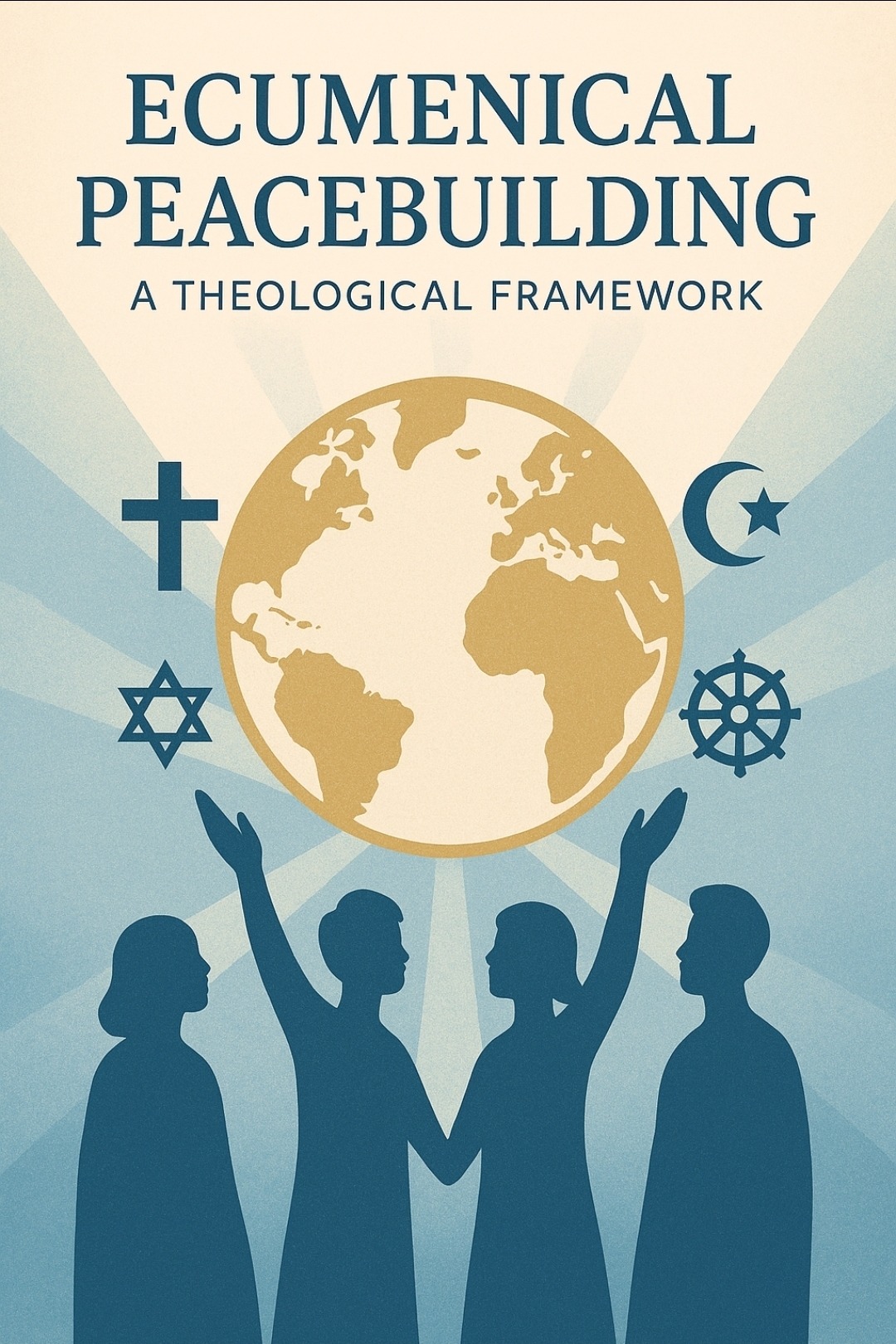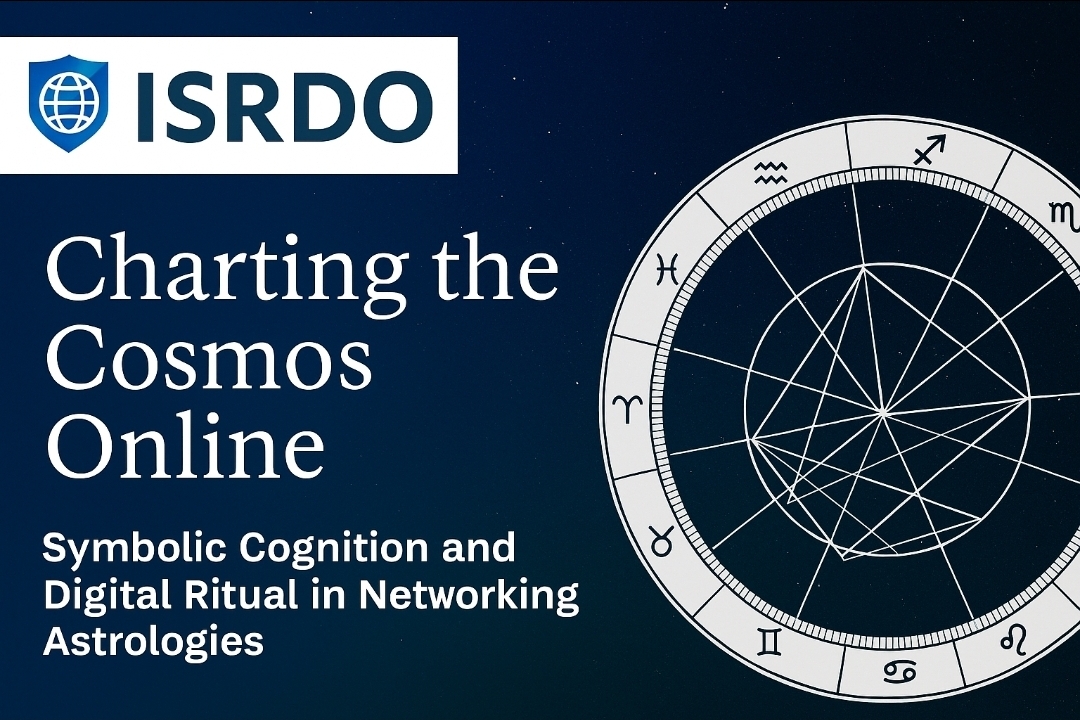
Sociology
Sociology is the study of human social behavior, society,
patterns of social relationships, social interaction, and culture that surrounds
everyday life. It is a social science that uses various methods of empirical
investigation and critical analysis to develop a body of knowledge about social
order and social change. Sociology can also be defined as the general science
of society. While some sociologists conduct research that may be applied
directly to social policy and welfare, others focus primarily on refining the
theoretical understanding of social processes. Subject matter can range from
micro-level analyses of society (i.e., of individual interaction and agency) to
macro-level analyses (i.e., of systems and the social structure).
Traditional focuses of sociology include social
stratification, social class, social mobility, religion, secularization, law,
sexuality, gender, and deviance. As all spheres of human activity are affected
by the interplay between social structure and individual agency, sociology has
gradually expanded its focus to other subjects and institutions, such as health
and the institution of medicine; economy; military; punishment and systems of
control; the Internet; education; social capital; and the role of social
activity in the development of scientific knowledge.
The range of social scientific methods has also expanded, as
social researchers draw upon a variety of qualitative and quantitative
techniques. The linguistic and cultural turns of the mid-20th century,
especially, have led to increasingly interpretative, hermeneutic, and
philosophic approaches towards the analysis of society. Conversely, the turn of
the 21st century has seen the rise of new analytically, mathematically, and
computationally rigorous techniques, such as agent-based modelling and social
network analysis.
- Sociology of Religion
- Economic Sociology
- Sociology of Kinship
- Political Sociology
- Environment and Society
- Sociology of Gender
- Sociological Theories
- Social Stratification
- Methods in Sociological Research
- Urban Sociology
- Rural Sociology
- Industrial Sociology
- Social Change in Modern Society
- Stratification and Mobility
- Sociological Thinkers
- Medical Sociology
- Communication
- Media and Society
- Social Demography
- Sociology of Disaster Management
- Environmental Sociology
- Sociology of Health
- Social Welfare administration
- Social Anthropology
- Sociology and Visual Media
- NGOs and Social Interventions
- Crime and Society
Recent Published
Submit Manuscript
To give your manuscript the best chance of publication, follow these policies and formatting guidelines.


